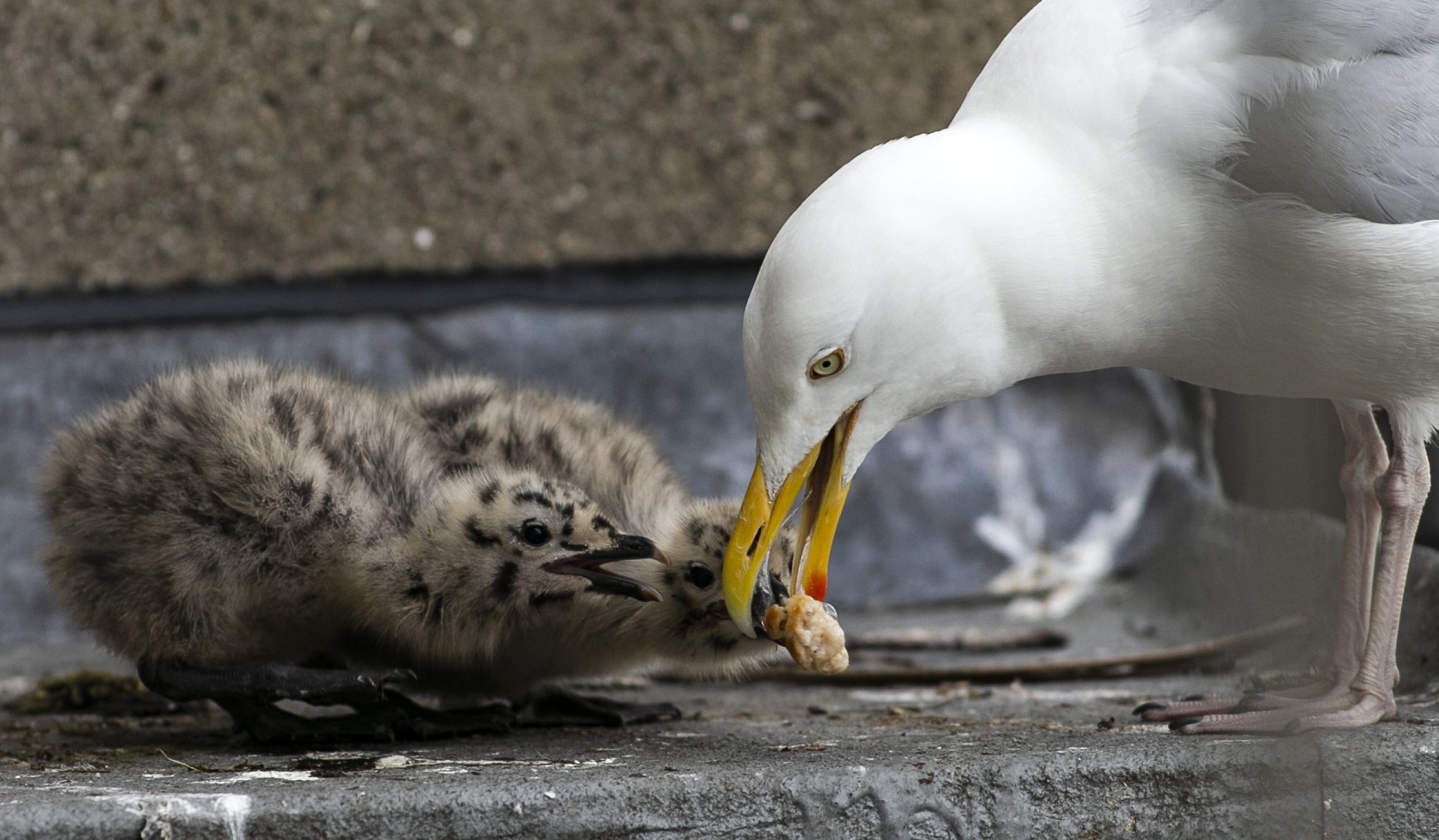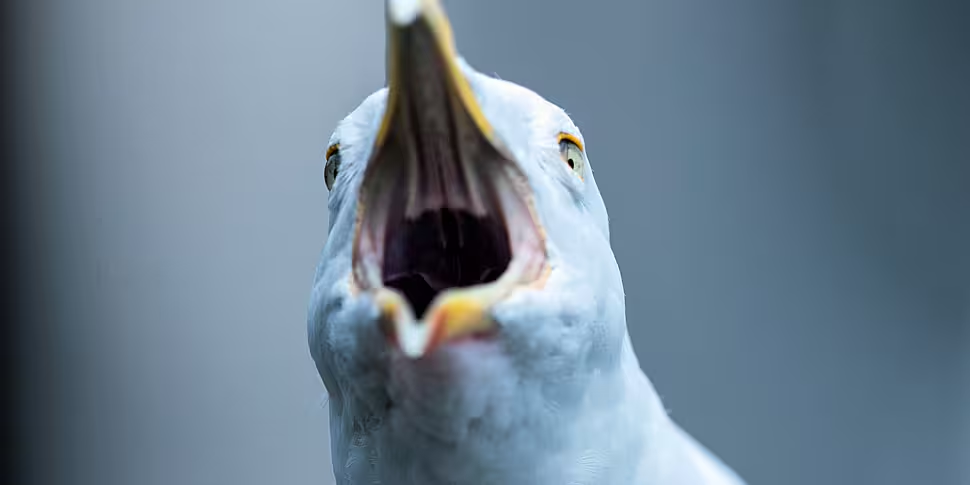Seagulls in Ireland are now a “fairly serious health and safety issue”, a TD has said.
Sinn Féin’s Louise O’Reilly represents Dublin Fingal and says her constituency office is inundated with complaints about the birds - particularly in the coastal town of Balbriggan.
“This is a fairly serious health and safety issue - we don’t just have the issue of seagulls attacking people and that’s a concern obviously,” Deputy O’Reilly told Lunchtime Live.
“But we also have the potential health implications from the seagulls’ faeces and that’s causing a serious problem.
“We have business owners who are having the roof of their premises destroyed. It’s really tricky to get rid of this mess once it’s created. We have people who can’t sleep at night because of the noise coming from the chicks.
“So it is a fairly serious health and safety issue.”
The TD added that specialist gear was required to clean up their faces and that carers were particularly concerned about potential attacks on young children:
“I had a woman speaking to me six months or more ago now,” she continued.
“And she was afraid to put grandchild out into the garden with food in his hands in case he’s attacked because he was nearly attacked once and she grabbed him in time.
“So it is an issue of concern.”
Deputy O’Reilly has raised the issue in the Dáil and - while she rejects the idea of culling - thinks that more could be done to reduce their birth rate:
“I think we can control the breeding, that’s the key, to ensure that we reduce the numbers over time.
“The numbers have grown… you’ve only to look around to see that the numbers are growing and I think that whatever we can do to control the population we need to be doing that.”
 Baby gulls emerge from their nest on the side of a building in Dublin City Centre, 08-06-2021. Image: Sam Boal/RollingNews
Baby gulls emerge from their nest on the side of a building in Dublin City Centre, 08-06-2021. Image: Sam Boal/RollingNewsToo late to do anything this year
Biologist Éanna Ní Lamhna says that at the height of summer it is too late to do anything about the gull population this year but said action could be taken next spring:
“The young have hatched out, they’re great big babies, they’re huge and the parents are very protective of them. You’d take your life in your hands going to try and interfere with a nest at this stage,” she described.
“So from the point of view of doing anything with nests and culling at this stage in July, it’s too late but that could happen next year.
“And the thing to do is not to remove the nest and eggs because if that happens the gull will just take another nest and lay again.
“What you have to do is… sterilize the eggs and the gull sat on them and sat on them and tried to hatch them out.
“And of course they wouldn’t hatch out because they weren’t viable and then it was too late for them to nest again.
“So that’s the more sophisticated way of culling them than just getting rid of the nest.”
A survey in 2021 found that there were 1,485 nesting gull pairs in the town of Balbriggan.









